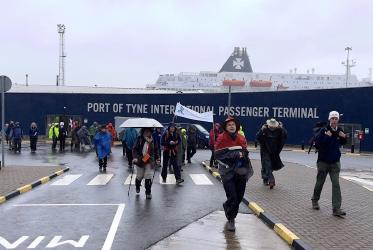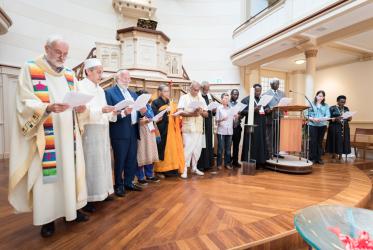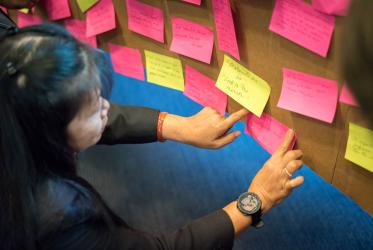Displaying 1 - 15 of 15
What difference does dressing in black make?
02 August 2018
Working toward an AIDS-free generation
26 July 2018
Building bridges of faith in the HIV response
25 July 2018
Building Bridges in the global HIV response
25 July 2018
GETI students plant trees, in service for greener future
07 March 2018
Churches engage in development dialogue on Africa
06 March 2013











